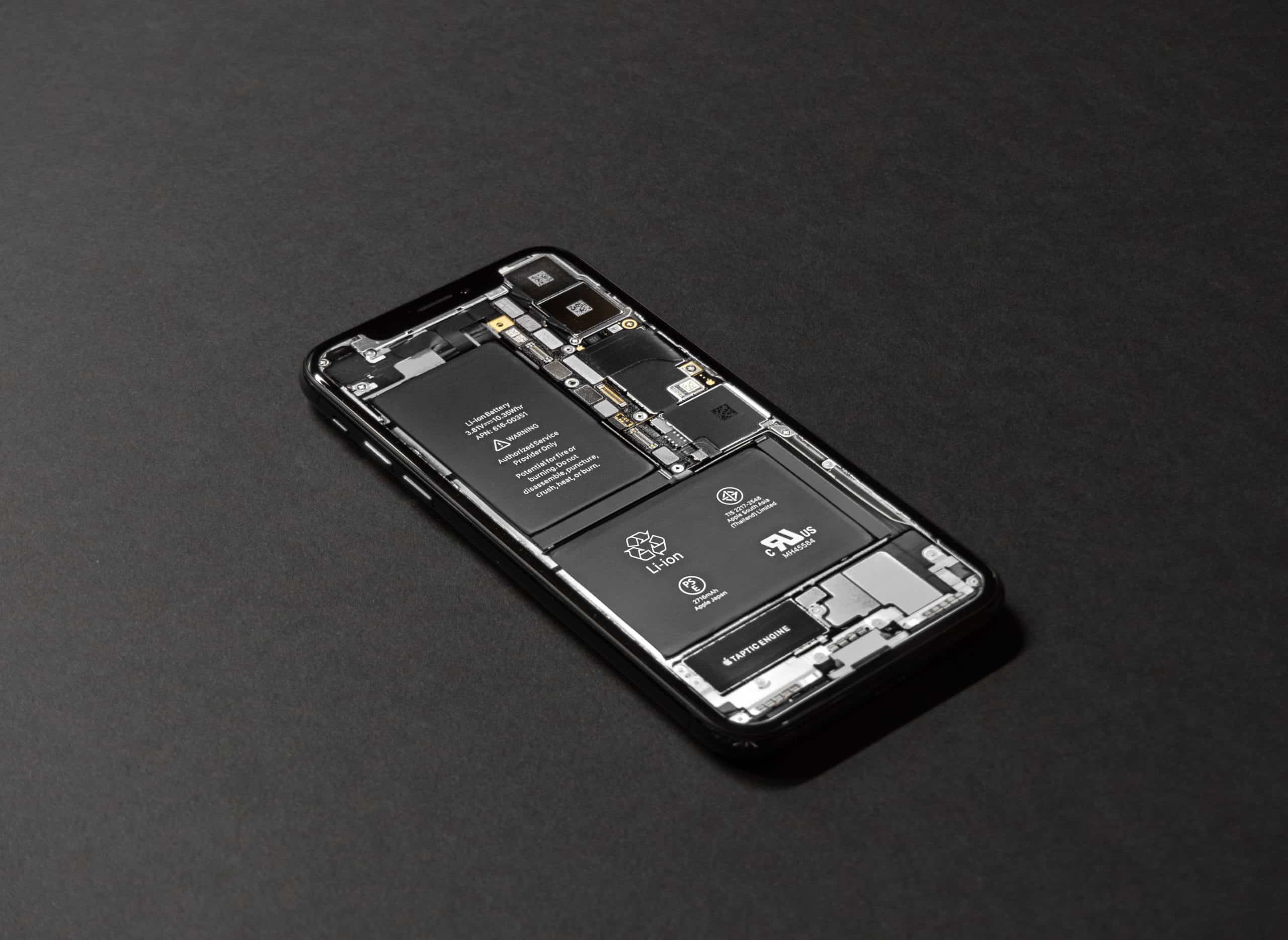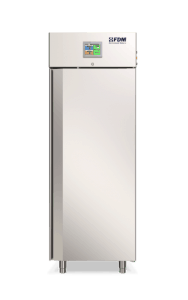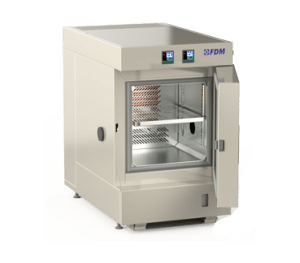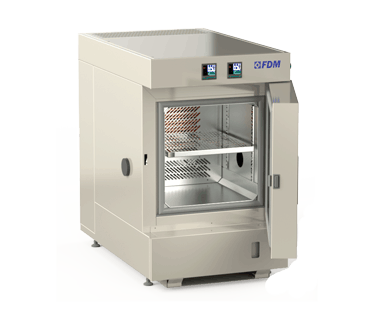
Rechargeable lithium batteries are destined to be used more and more in the modern world, especially for their implementation in electric cars.
However, due to their technical characteristics, they are subject to an accurate series of tests that establish their life cycle, prevent malfunctions and mitigate the environmental impact. Among these, there are climatic chamber tests.
Perform
Climate Stress
Discover the new series of Climate Chambers for controlled climate testing
What are Lithium Rechargeable Batteries
Also known as lithium-ion battery, this type of battery was first proposed in the 1970s by American chemist John Goodenough, an idea for which he won a recent Nobel Prize in Chemistry in 2019, along with his colleagues Stanley Whittingham and Akira Yoshino.
In fact, the real progress in the field has occurred in the last twenty years during which the applicability of the technology and its large-scale production has been verified.
Rechargeable lithium batteries use a lithium compound on the cathode and lithium graphite or titanate on the anode. They can be built in many shapes and sizes and therefore intended for the most disparate uses. Moreover, having a very low "memory effect", they are among the longest-lived rechargeable batteries known.
Which sectors are involved in the Battery Test in the Climatic Chamber?
As we said, the principle of the lithium accumulator can be implemented in different scales, supplying energy to very different devices and machines: from the cell phone we hold in one hand, to airliners, passing through electric cars.
Consequently, consumer electronics, military and aerospace engineering and automotive are sectors involved in research on lithium-ion batteries and related safety tests in the climatic chamber.
Currently, the automotive sector seems to be the most promising and expanding sector, also due to some accidents and malfunctions that have occurred in other sectors in recent years.
Compact Climatic Chamber
Discover the new Compact Climatic Chamber
What rules govern the Battery Tests in the Climatic Chamber?
The legislation around rechargeable lithium batteries is a very current affair, to the point that in February 2021 a new draft was proposed for consideration by the European Union.
However, some sectors have already drawn up their own guidelines. The automotive industry, for example, refers to the EUCAR, the European council of the automotive sector.
Updated in 2019, the text regulates the construction and implementation of rechargeable lithium batteries, with particular attention to safety requirements that are developed by appropriate tests in the climatic chamber.
How do the Battery Tests in the Climatic Chamber work?
One of the main risk factors of rechargeable lithium batteries is heat.
High temperatures and direct exposure to sunlight affect both longevity (the number of recharge cycles varies from 400 to 1200) and operation itself, leading to malfunctions and real explosions.
The tests on batteries in the climatic chamber aim first of all to verify the longevity of the battery and to avoid these occurrences.
The former are called accelerated aging tests and the latter fatigue tests.
By appropriately adjusting the internal temperature of the climatic chamber, it is possible to simulate the real-life situations that the battery could encounter during its use. EUCAR has established seven risk levels to evaluate the test results, with zero meaning no effects registered up to the seventh that occurs when an explosion happens.
You cannot find the ideal chamber for your test?
Create your own environment, according to any test requirement
The FDM Climatic Chamber for Battery Tests
The FDM Climatic Chamber can perform all the tests on batteries that we have mentioned and is equipped with a simple and intuitive interface that allows the operator to have full control of the process.
FDM can supply climatic chambers for tests on batteries with ATEX certification and / or with hazard level.
If you want to know more about the EUCAR Hazard Levels, you can read here.
Furthermore, for special needs, we can build a custom-made climatic chamber. Please contact us.
Would you like to receive a quote or do you have questions about the product?
Contact us to receive more information about this Product.





